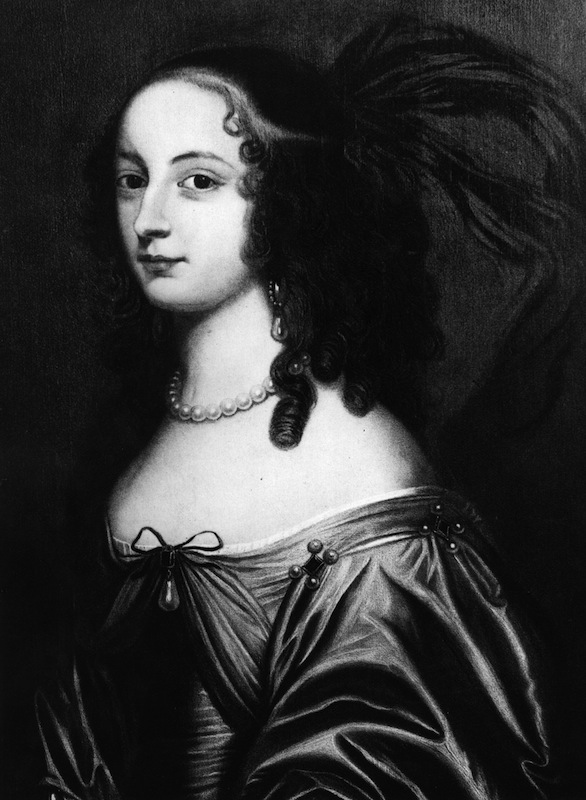
The new royal princess, Charlotte Elizabeth Diana, younger sister to the heir to the British throne, could ascend to the throne one day—but right now, she is fourth in line, after grandfather Prince Charles, father Prince William and her older brother George.
But had it not been for a now-obscure 1701 law, the baby might not have been royal at all, much less fourth in line for the throne. The ancestor that the royal baby has to thank for its place in the line of succession is Sophia, Electress of Hanover.
Here’s what happened: as explained by the official website of the British monarchy, the late 17th century wasn’t exactly a stable time in England. King James II had created some major disgruntlement by converting to Catholicism—the King of England is the head of the (Protestant) Church of England, so that was a problem—and ended up fleeing the country. His daughter, Mary II, and her husband, William of Orange (William III), were Protestant, and ended up being given the throne by Parliament.
Oh Baby: 121 Years Of Infant Royals On Camera
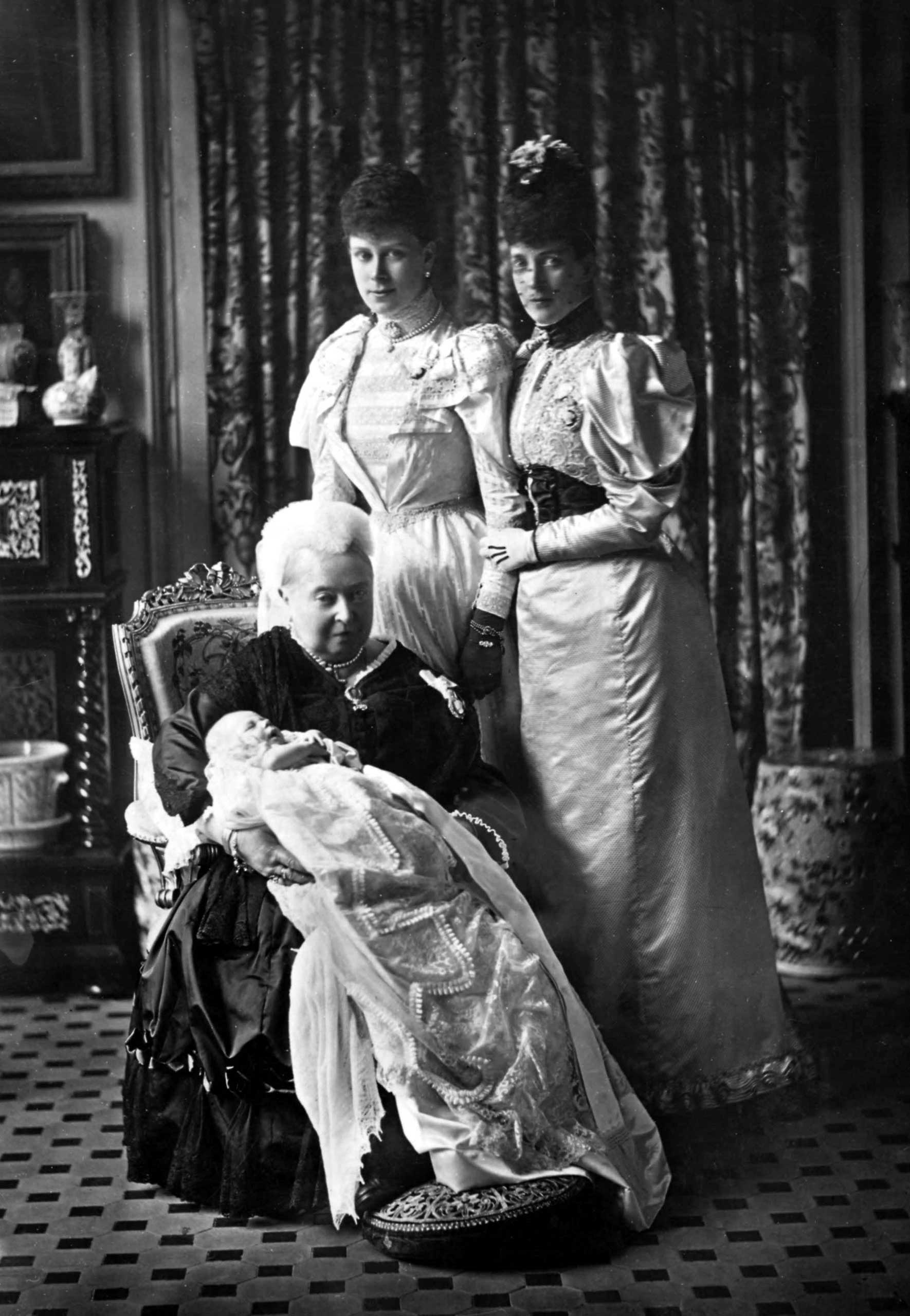
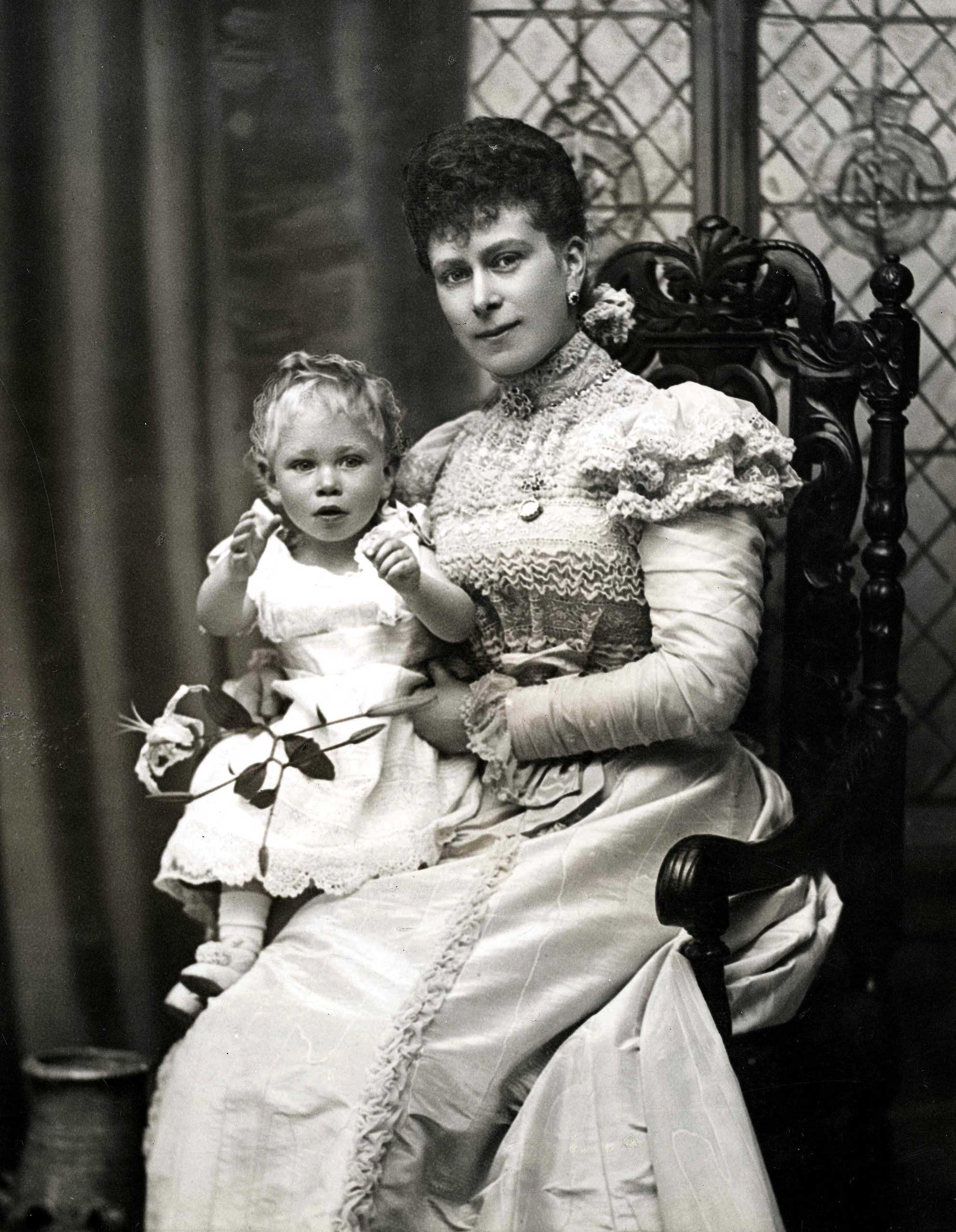
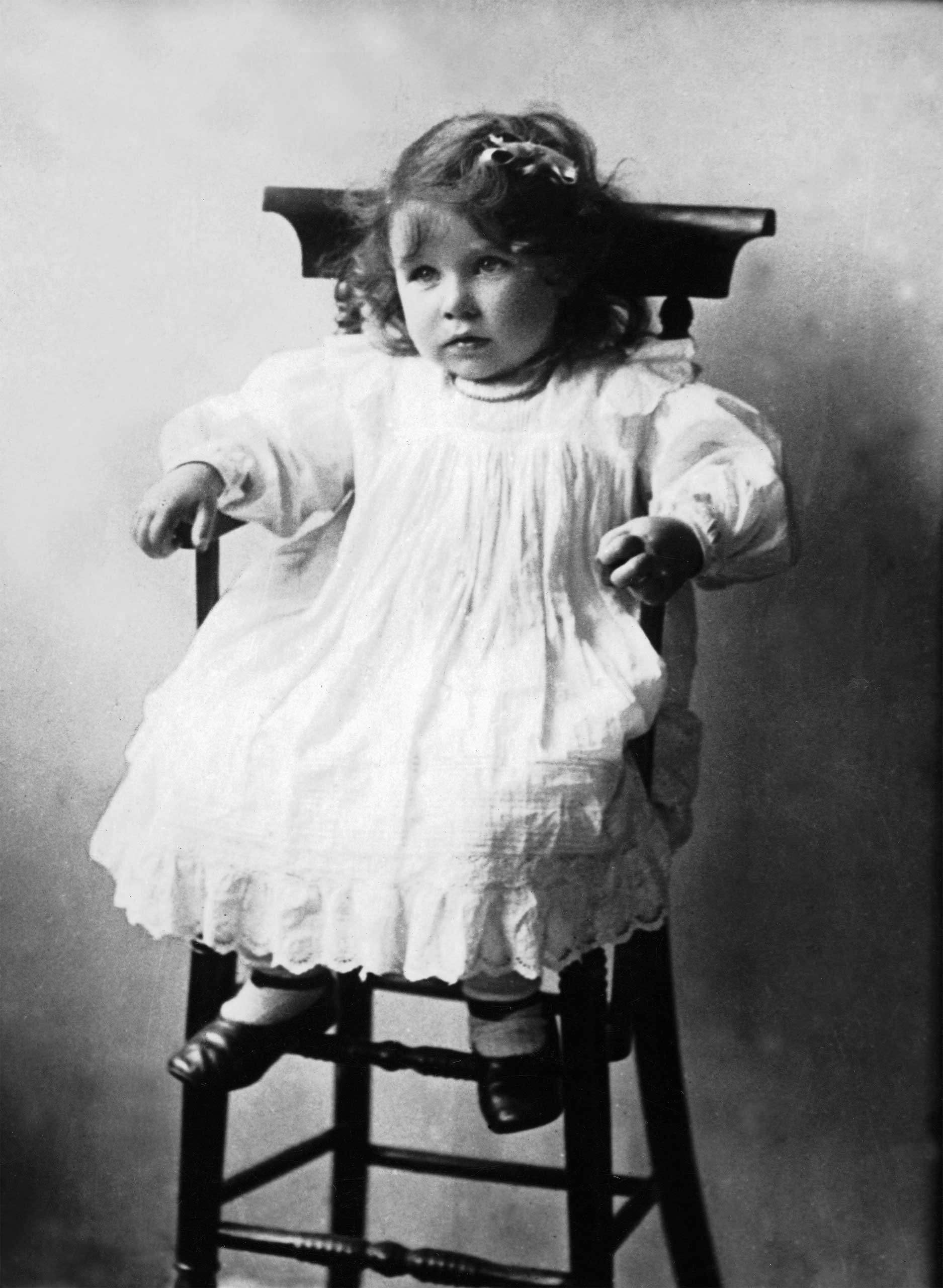
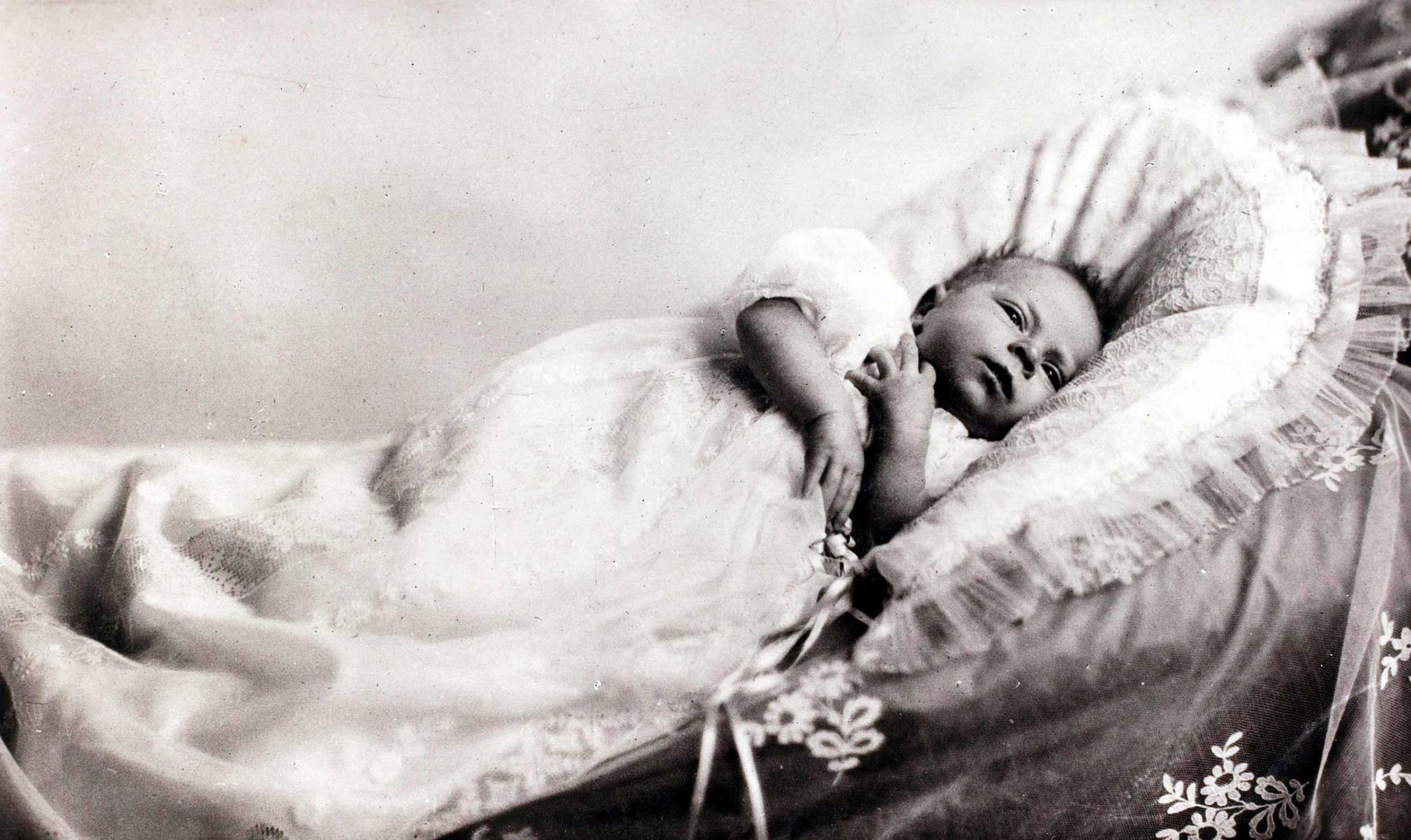
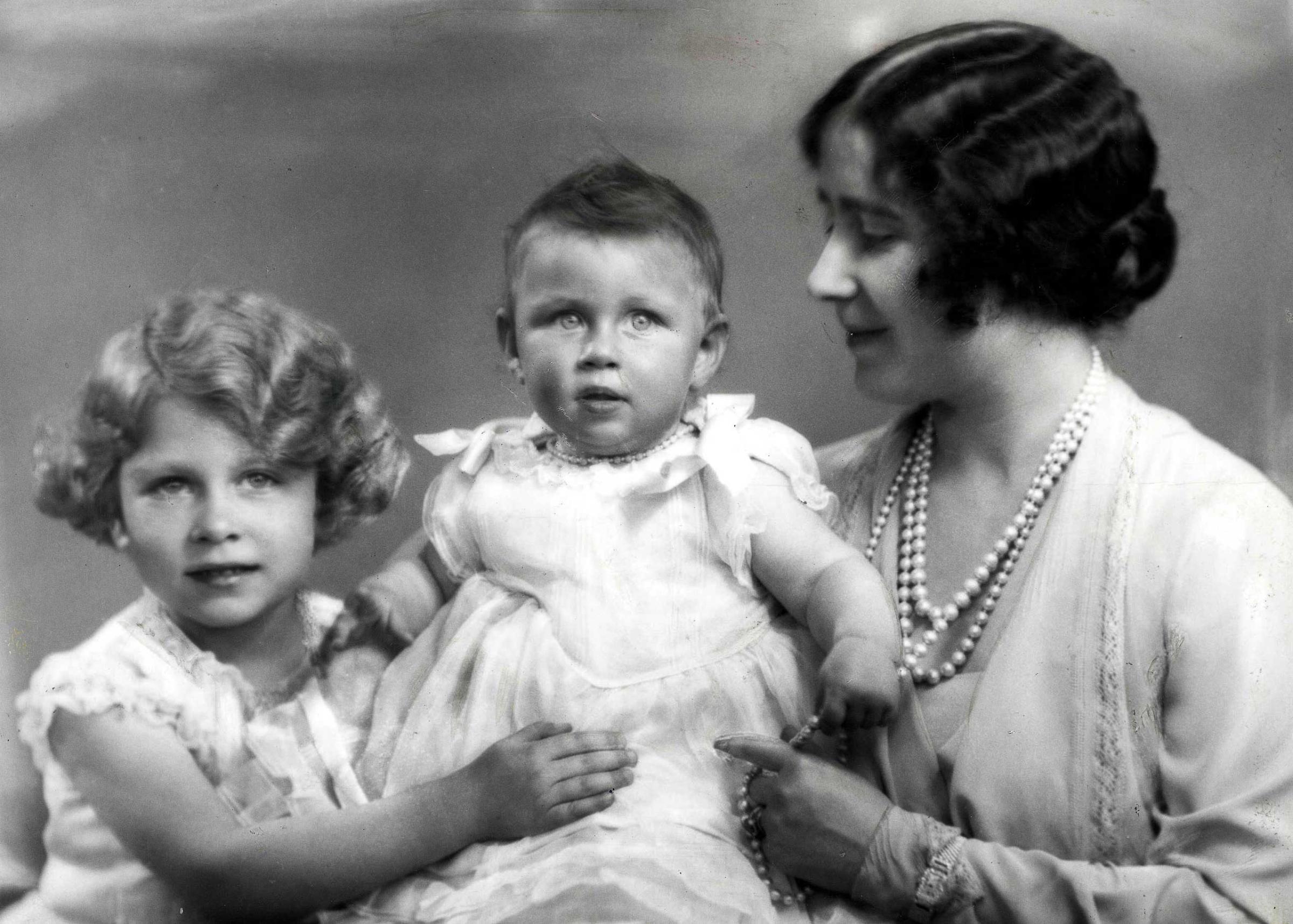
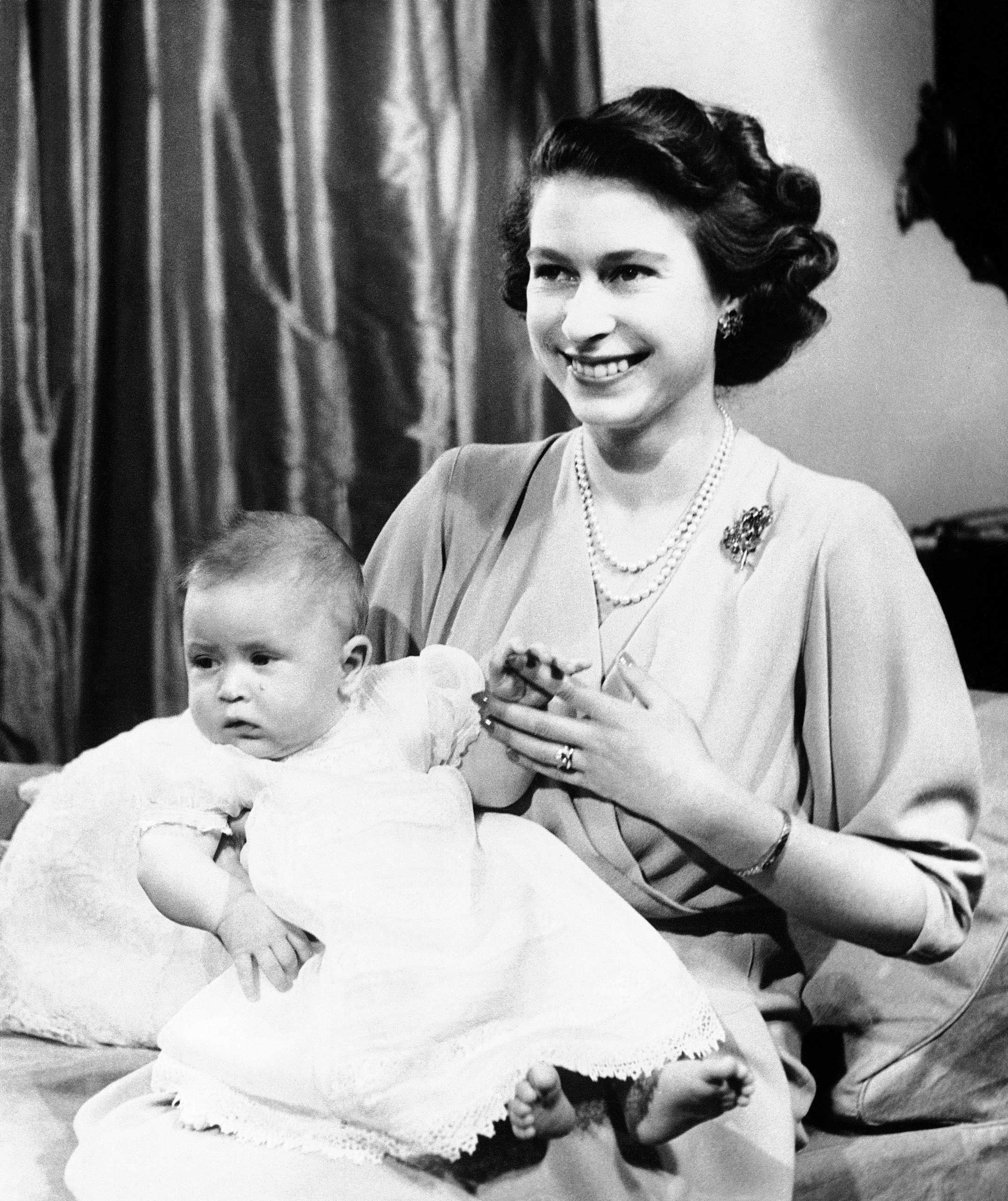
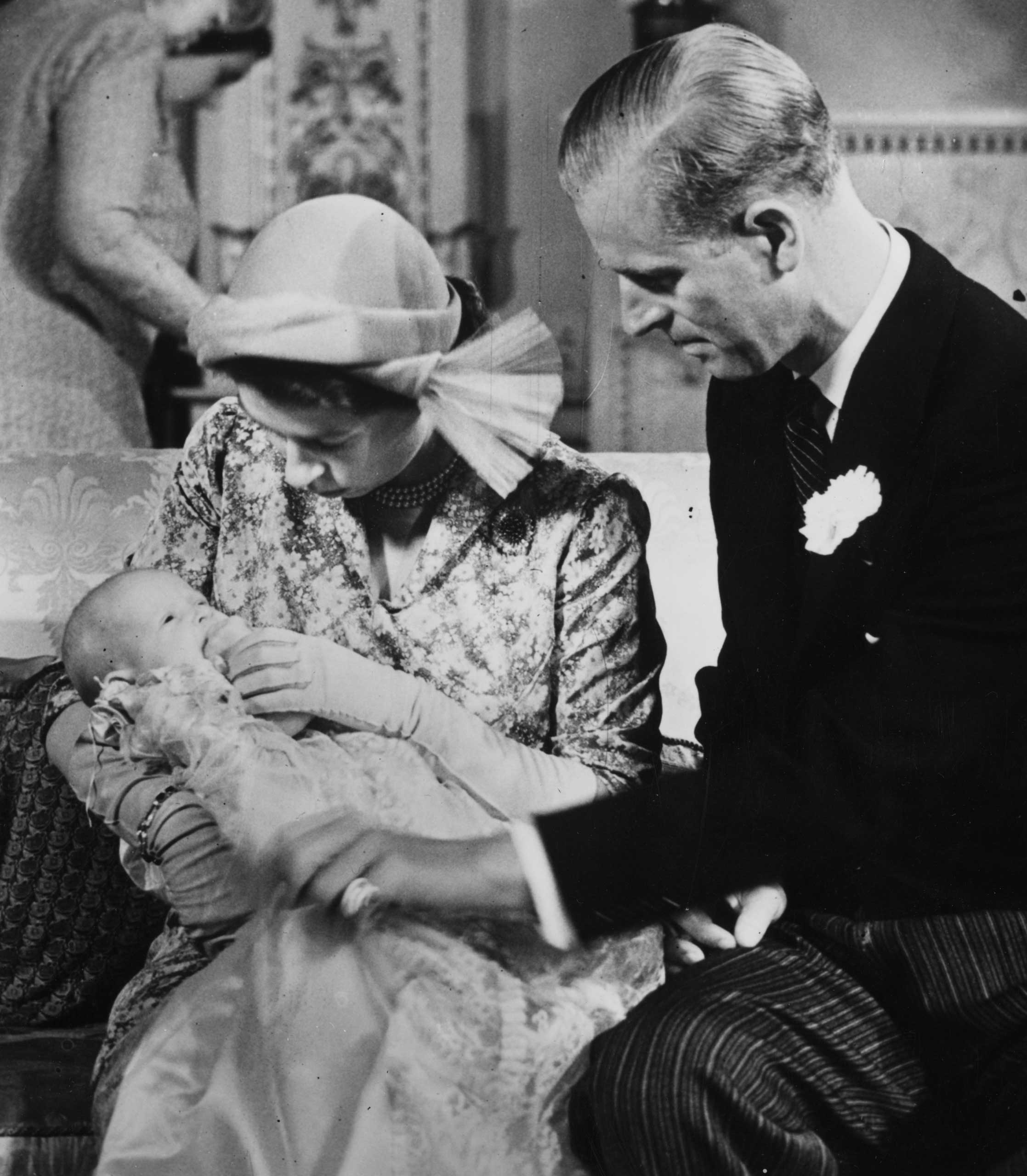
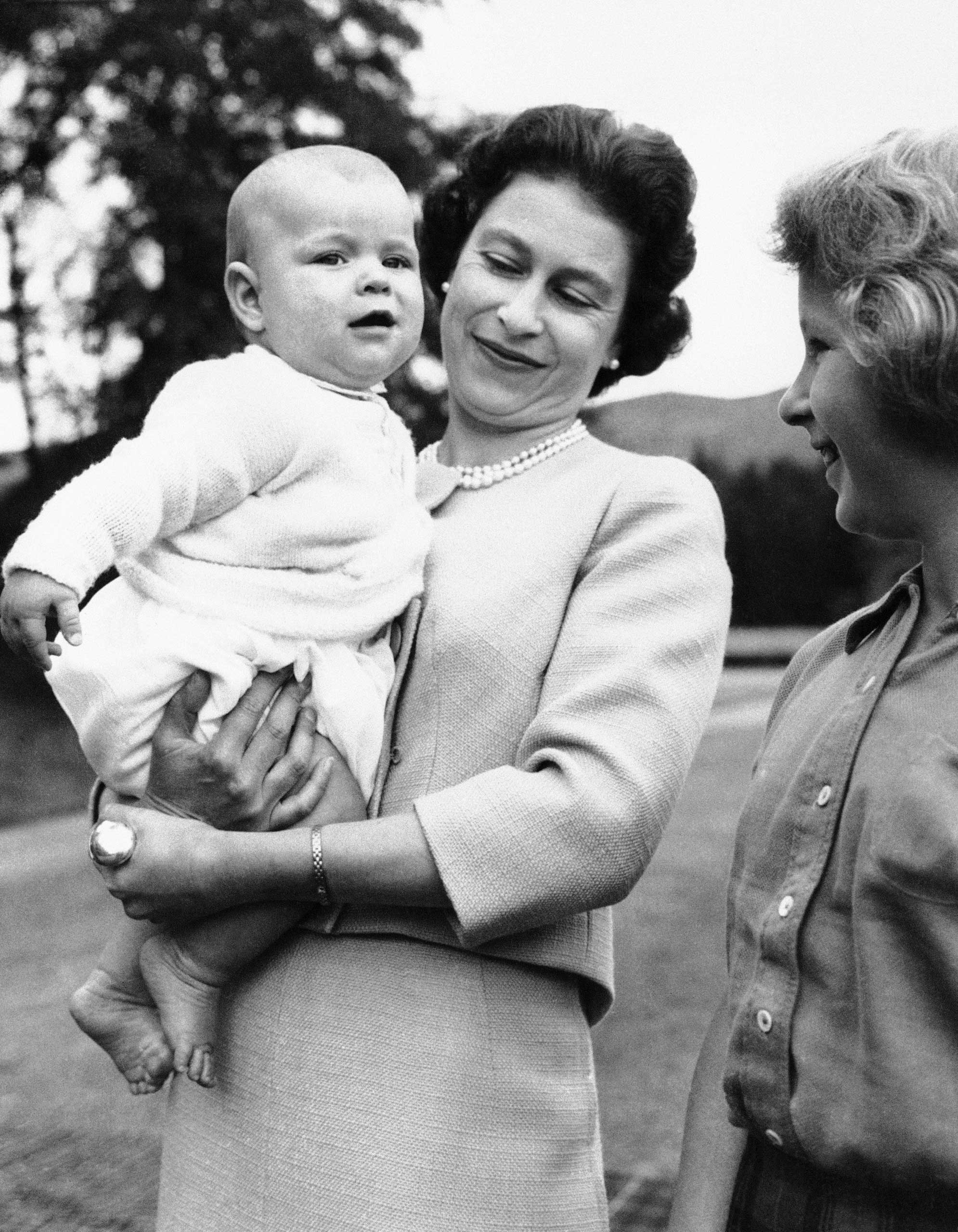
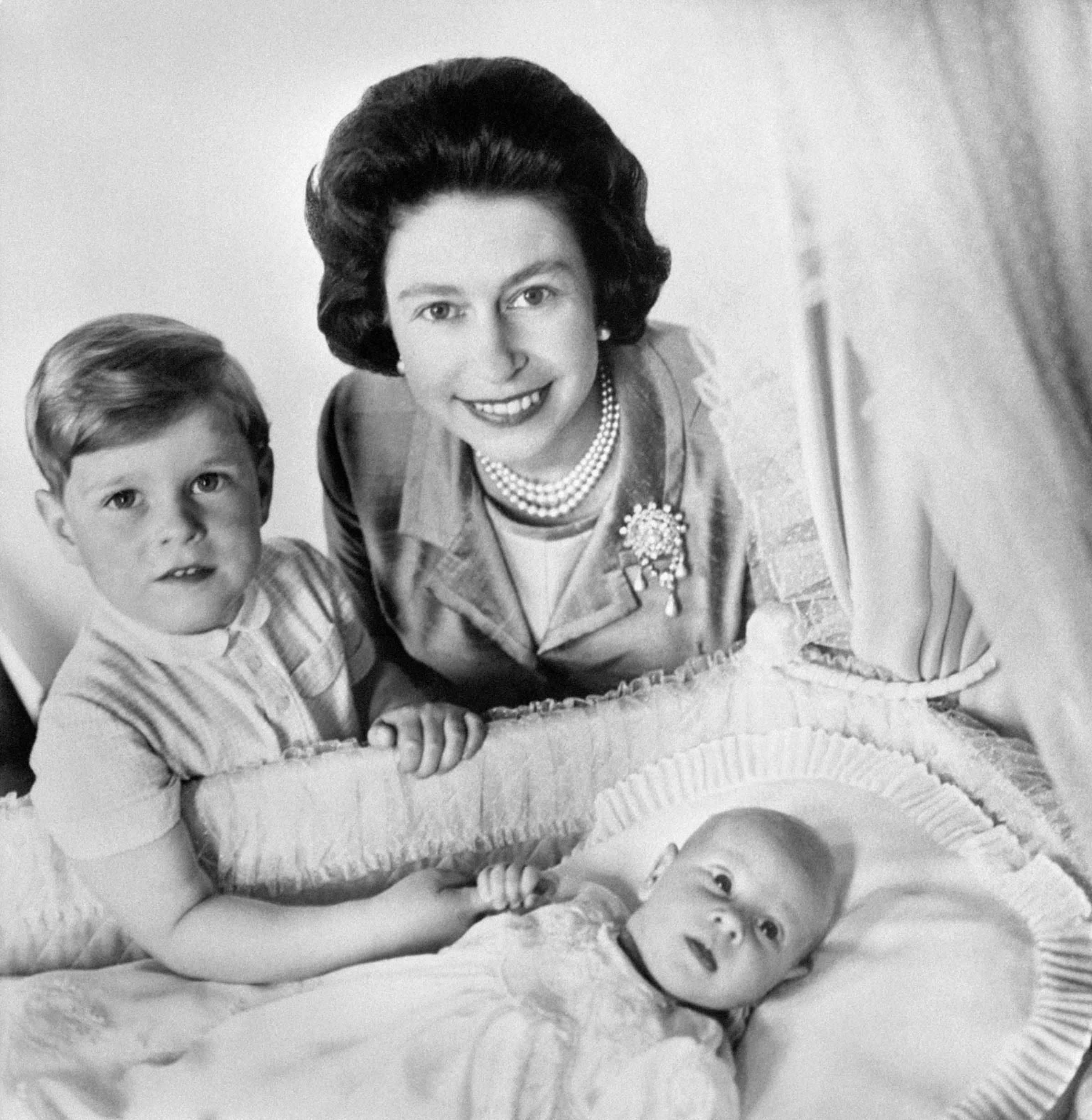
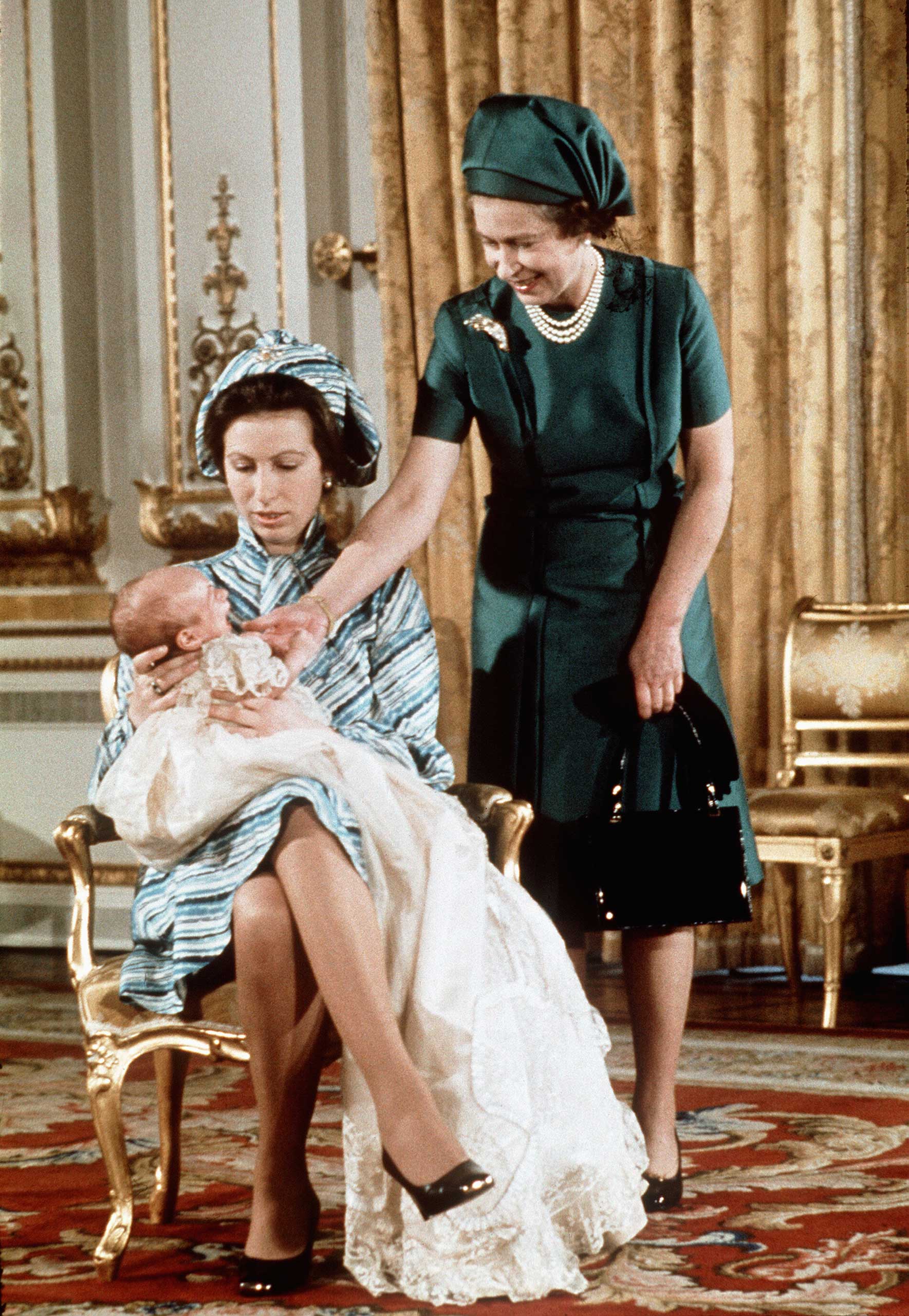
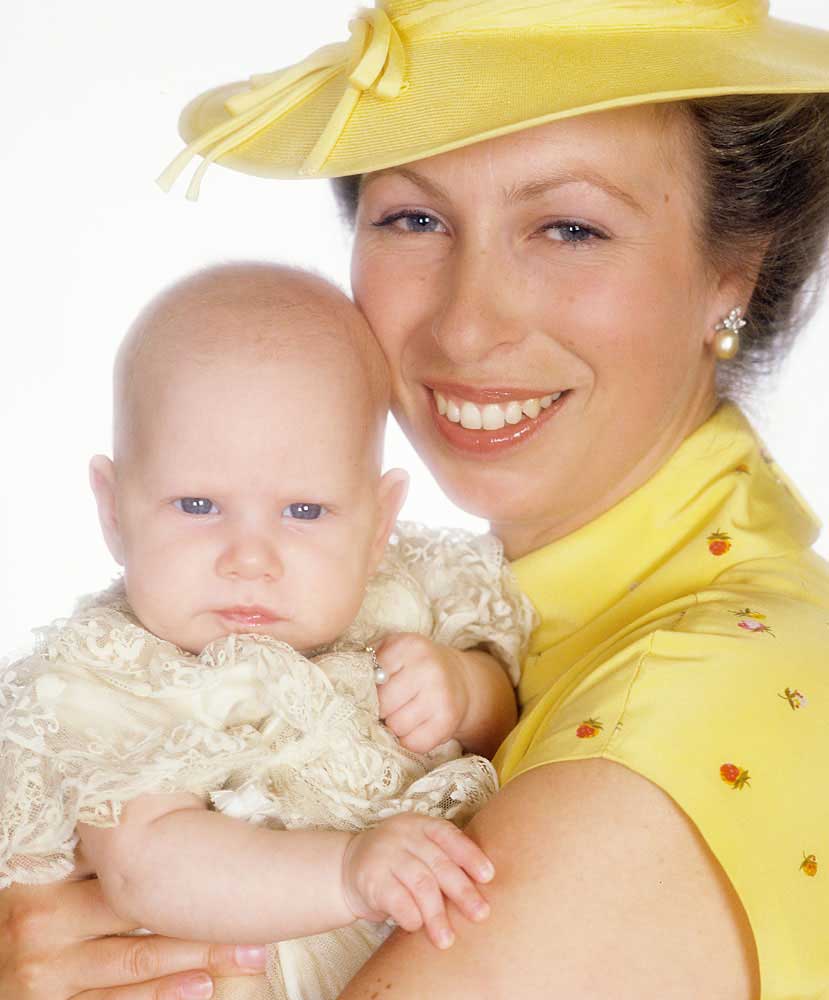
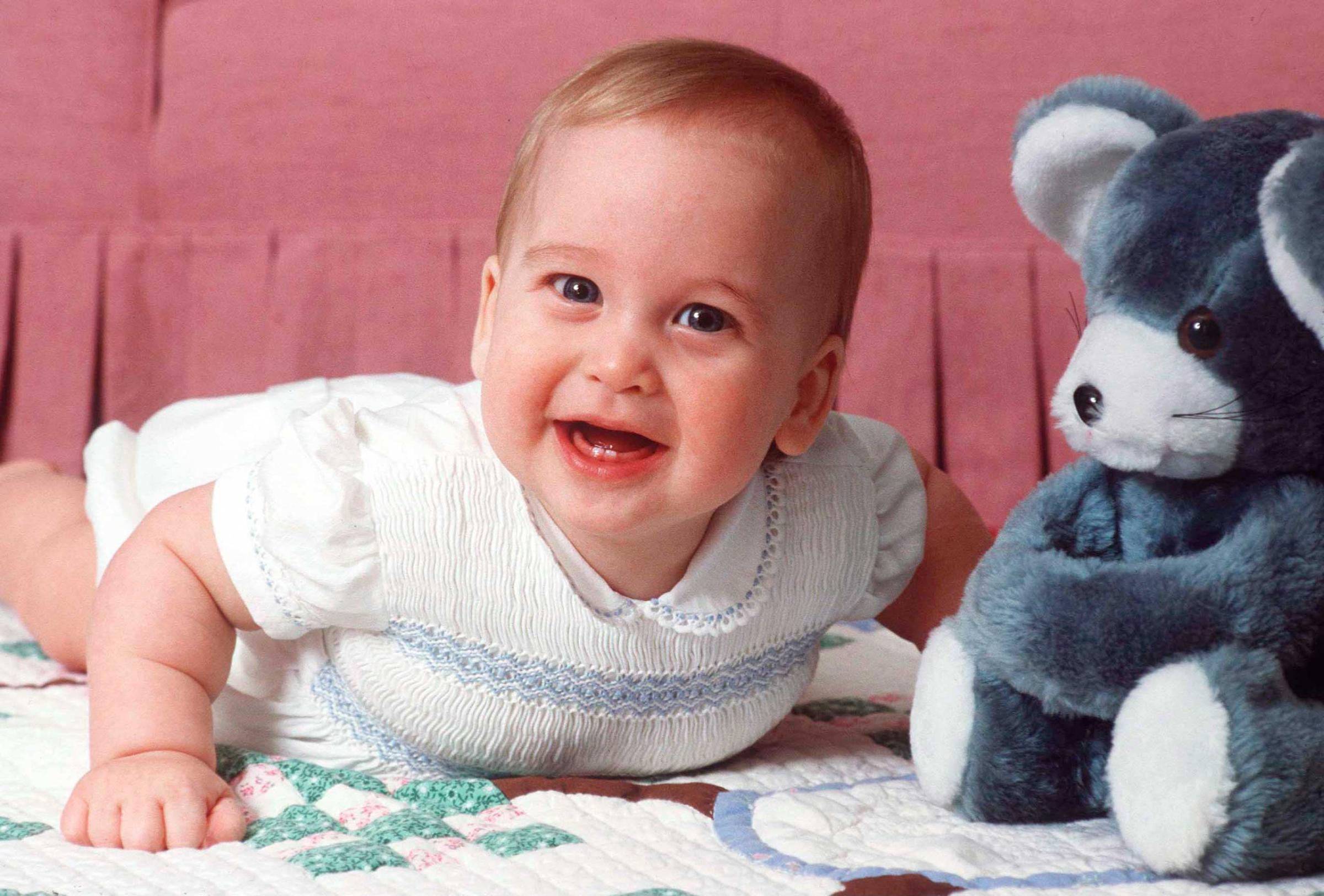
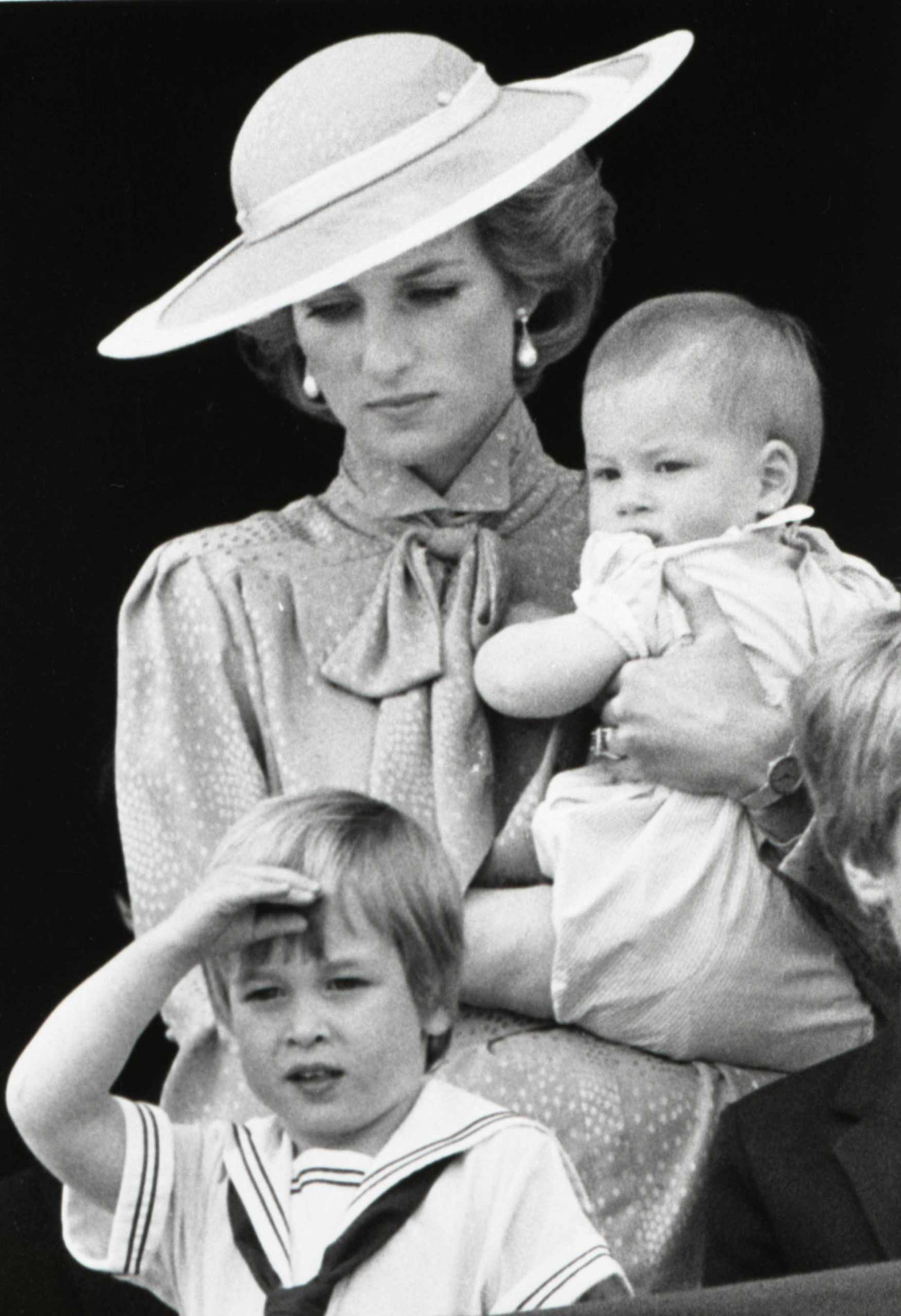
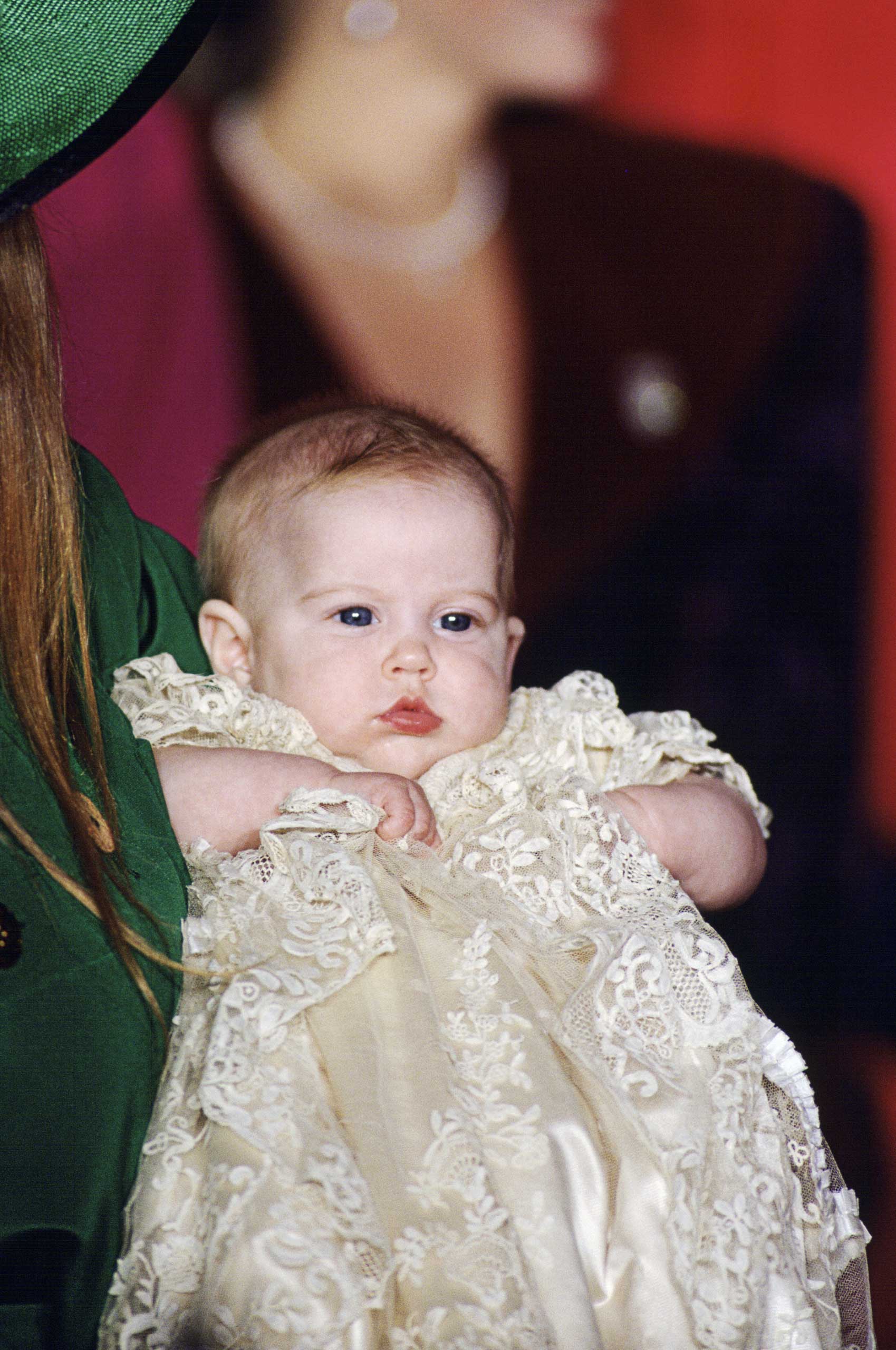
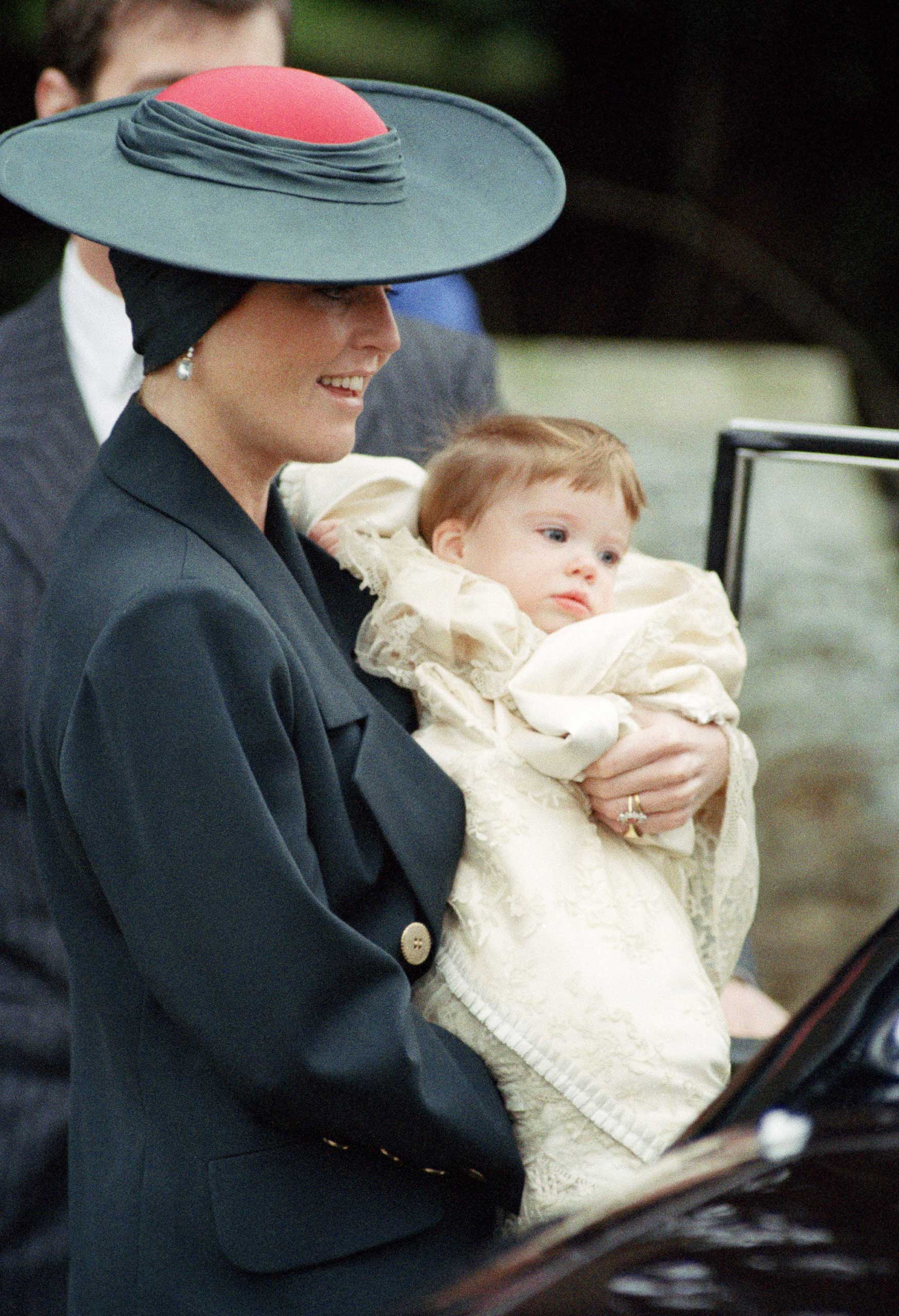
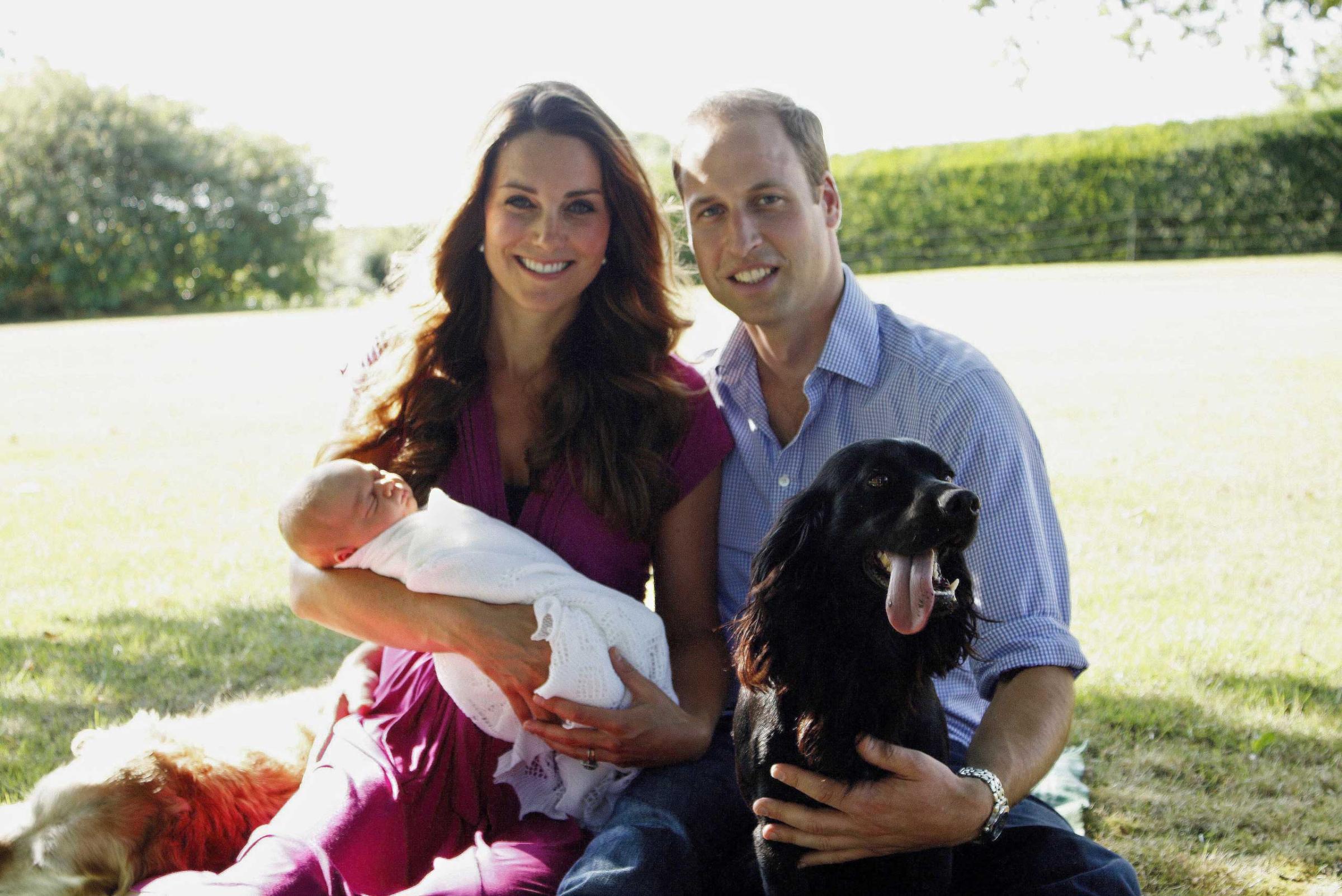
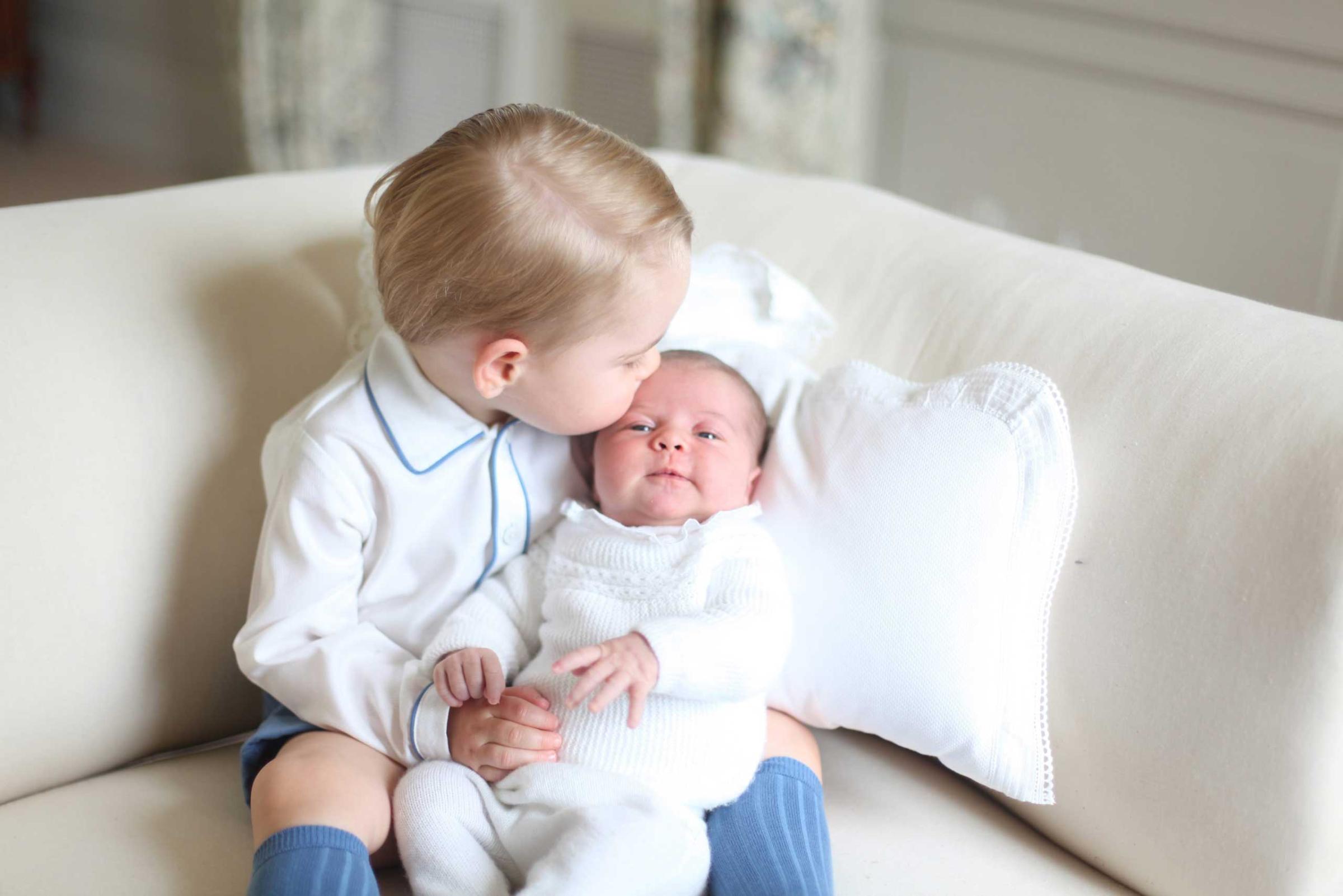
Around that time, as that side of James II’s family took the throne—rather than the Catholic children produced by his second marriage—Parliament passed a bill that was an attempt to settle who would inherit the throne, in order to avoid future revolutions and wars, which had tended to happen whenever that question didn’t have a clear answer.
Except the people to whom the law applied didn’t exactly cooperate by producing heirs. By 1700, Mary was dead and William was sick. Mary’s sister Anne, who was next in line as the oldest Protestant child of James II, had no more surviving children.
So Parliament made another law, the Act of Settlement of 1701, that said that the heirs of James I’s granddaughter, Sophia of Hanover, would be the heirs to the throne. When Queen Anne died in 1714, Sophia’s son became King George I. George I’s great-great-great-granddaughter was Queen Victoria, whose great-great-granddaughter is the current Queen Elizabeth.
But were it not for that 1701 act, the Catholic children of James II might have made a claim to the throne—at least, that’s what the people who wrote the act worried—and the new baby would have been just a random, extremely distant cousin of the actual royals.
But the Act of Settlement isn’t the only law that affects the young princess’ place in line. Until recently, she could have been bumped down if she ever had a younger brother. In 2011, the Act of Settlement was tweaked before Prince George’s birth, to ensure succession would not be affected by gender or by marriage to a Catholic. (Previously, daughters came to the throne only when there were no sons available.)
Even so, the monarch is still prohibited from being Catholic him or herself—something that has drawn criticism from those who wanted the reforms to go even further.
More Must-Reads From TIME
- The 100 Most Influential People of 2024
- Coco Gauff Is Playing for Herself Now
- Scenes From Pro-Palestinian Encampments Across U.S. Universities
- 6 Compliments That Land Every Time
- If You're Dating Right Now , You're Brave: Column
- The AI That Could Heal a Divided Internet
- Fallout Is a Brilliant Model for the Future of Video Game Adaptations
- Want Weekly Recs on What to Watch, Read, and More? Sign Up for Worth Your Time
Write to Lily Rothman at lily.rothman@time.com